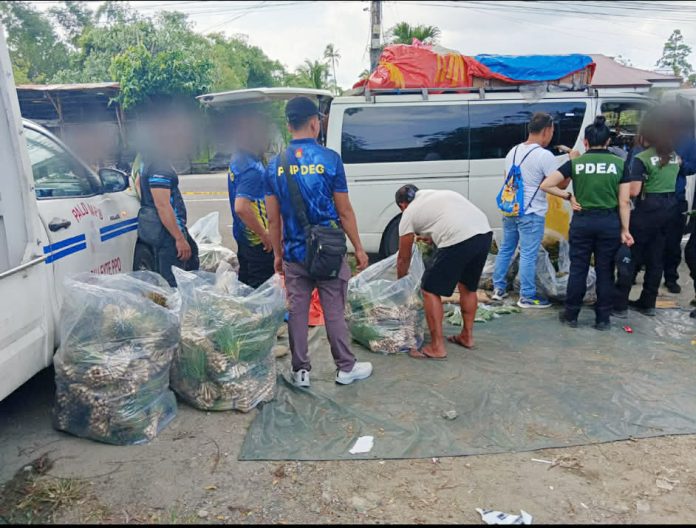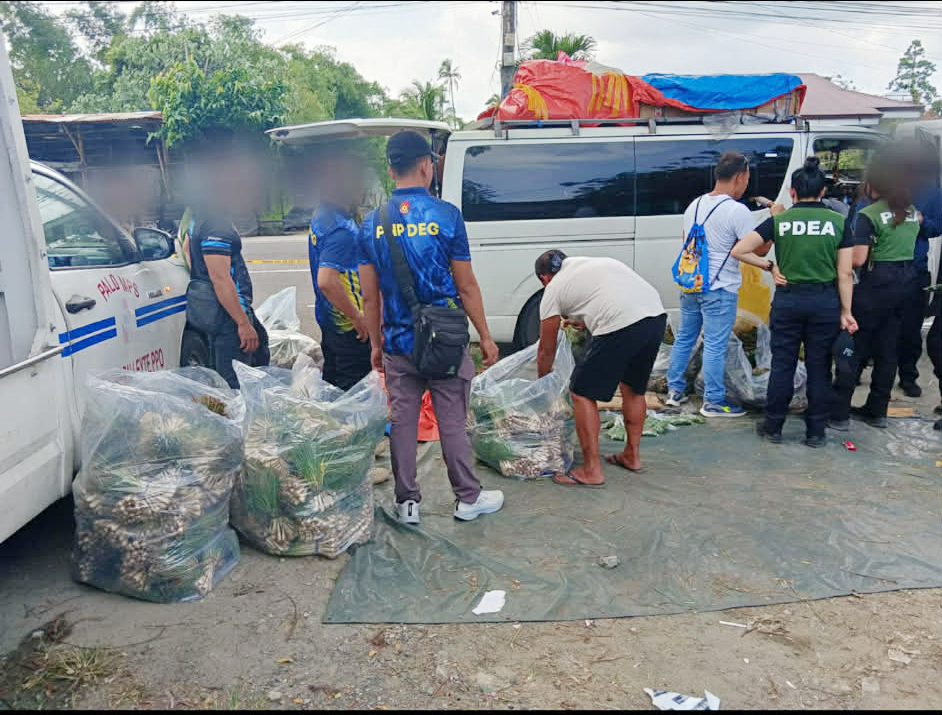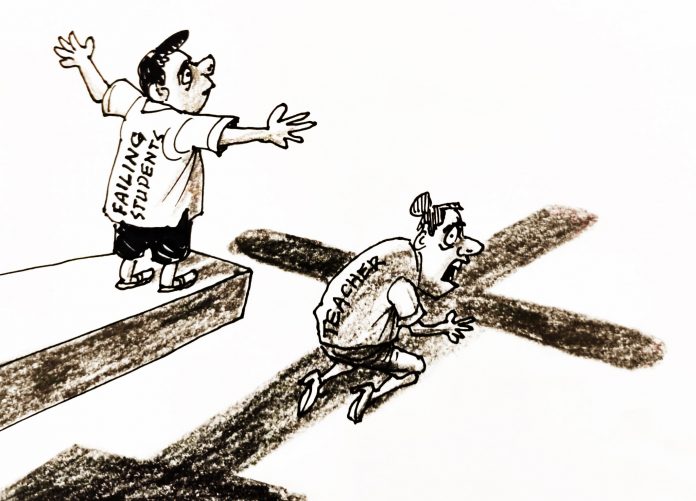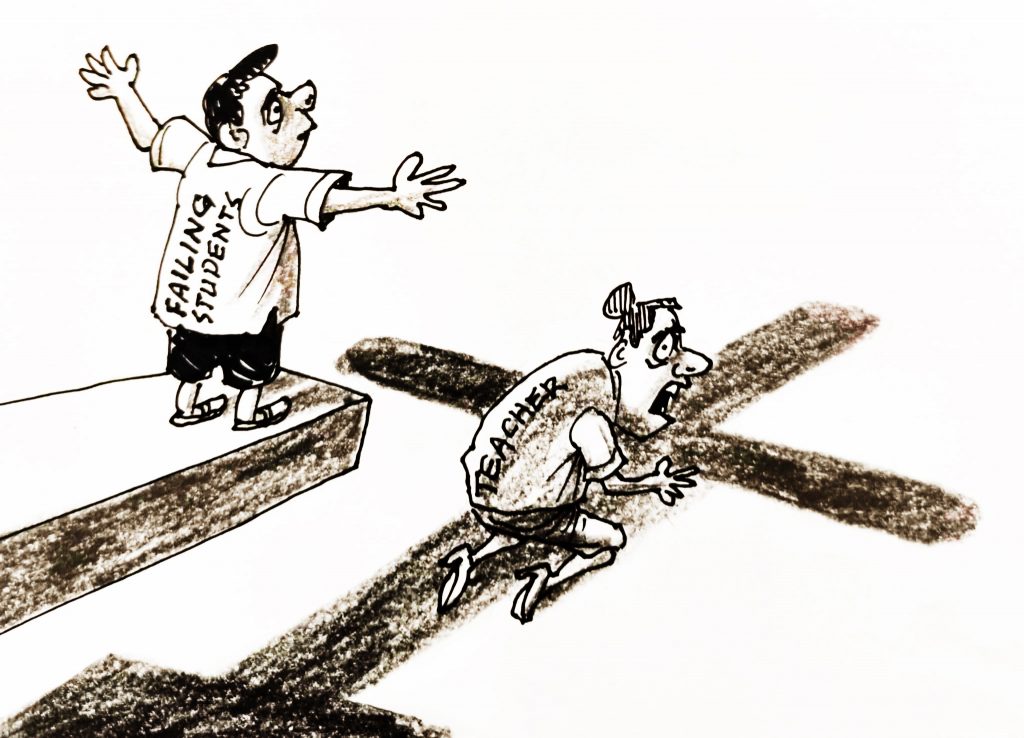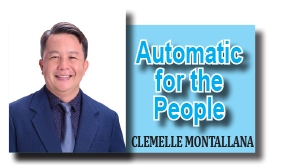
THAT’S from Psalm 27,1 and is often used a Responsorial Psalm the readings of many Masses. It’s a verse that deserves to be written deep in our heart and mind to remind us, especially nowadays when we have a lot of atheistic, agnostic and heretical tendencies, that it is in Christ where we have the true guide in our earthly sojourn.
We need to strengthen our faith in him, nourishing it daily with many acts of piety if only to counter the strong forces around that tend to take us to another path that would actually lead us nowhere even if it promises to give us a lot of earthly perks.
And this nourishment should not only be a personal duty but also a social one, starting with the family which is the basic cell of society. Let’s always remember that as persons, we are not meant to live by our own selves alone. We are meant to enter always in relation with others, starting with God, and in fact, develop a culture of intimate communion with everybody else. That is the ideal meant for us.
In this regard, parents should realize the importance of the great responsibility they have of forming their children to be strong in the faith to such an extent that they would always feel the need to help their children not only to be well-fed, well-clothed, well-provided, but also and most importantly to be good and consistent Christians, even to the extent of making them canonizable saints.
Indeed, there’s a certain urgency to make the family today an effective center of formation. With all the growing developments and complicated challenges of our times, we cannot afford to sit pretty and just allow blind fate to take its course.
We need to remember that the family plays a very strategic role in the development of a person and of society in general. It should be able to handle the duties and responsibilities inherent to its nature and purpose.
We cannot deny the fact that many people have inadequate, if not erroneous understanding of what the family and its closely related institution of marriage are. In the US today, for example, they are now legalizing and are openly promoting the so-called same-sex marriage and open marriages.
It’s no wonder that we have many broken marriages and dysfunctional families nowadays with matching complicated consequences. Of course, the recourse to divorce does not solve the problem. It can even make things worse.
Everything has to be done to address this fundamental problem. And all the subsidiary institutions and offices—the parishes, government, schools, NGOs, etc.—should lend a hand.
Continuing formation and evangelization about marriage and family has to be pursued without letup. Of course, the Church can take the lead in this, but this can be done also by many other people in the secular field. In this regard, the laity should also take a lot of initiative, since this matter concerns them more than the clergy, and they have the experience and the competence to talk about this matter.
For one, couples planning to marry should be made to realize clearly that their marriage brings with it the duty to make their family the basic center of formation for their children. They should be prepared and equipped to carry out this delicate duty.
As the basic center for formation, the family that is led by the parents should know how to lay the foundations of the human virtues and the life of faith and piety of the children. It should be well-versed with the doctrine of faith and the traditions of piety so that as early as possible the children would have the right attitudes and outlook in life.

